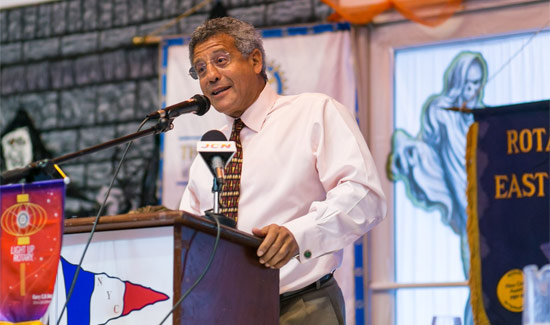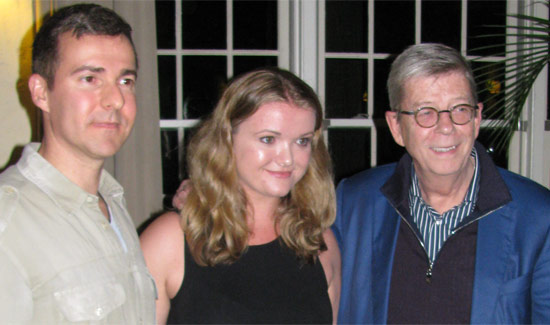
HAVANA, Cuba — The leader of the Cuban Revolution and former president of Cuba, Fidel Castro, attended the launch on Friday of his memoirs, a two-volume book titled “Fidel Castro Ruz: Guerrillero del Tiempo” (Fidel Castro Ruz: Guerrilla of Time), at Havana’s Convention Palace.
The book is a compilation, in nearly one thousand pages, of conversations between Castro and writer and journalist Katiuska Blanco. It opens with the Cuban leader’s memories of his childhood and closes in December 1958, just before the triumph of the Revolution.
The presentation took place lasted about six hours, during which Castro greeted personally a number of attendees, among whom were old comrades from the Moncada military action and the Granma expedition.
The volumes were presented by Cuban Culture Minister Abel Prieto and the president of the Association of Cuban Writers and Artists, Miguel Barnet, who recounted some of the anecdotes contained in the book.
The book is a published by the Casa Editora Abril Cuban publishing house and the Federico Engels printers, with photos and drawings by Ernesto Rancaño, who also designed the cover.
Talking with and answering questions from the audience, Castro spoke about a number of things: the battles fought by students in Latin America and the rest of the world over their rights; tremendous scientific discoveries and emerging technologies; the risk of shale gas and the fabulous perspectives of nanotechnology.
Castro told the audience he reads hundreds of press releases every day; devours all the information he gets; follows closely the situation in Venezuela commemorating on February 4 the 20th anniversary of the military uprising led by Hugo Chavez.
He also spoke about the threats hanging over Syria and Iran, while the US and Europe are trying to convince Russia of the “ridiculous” idea that the antimissile shield was established to protect that country from the threats of Iran and North Korea.
Writer Graziella Pogolotti, president of the Alejo Carpentier Foundation, started the round of questions and told Castro that he should continue writing about his experiences as a fighter and his meetings with world personalities.
Castro said he is willing to do everything possible to pass on “whatever he remembers well”, and added: “I’m aware of the importance of writing all of this to pass it on, so that it can be useful.”
In closing the meeting, Castro regretted that time had run out and remarked, “I feel very happy, but I like to collaborate with the doctors. And, just for the record, I don’t do it as an act of courage but as an act of intelligence.”



